
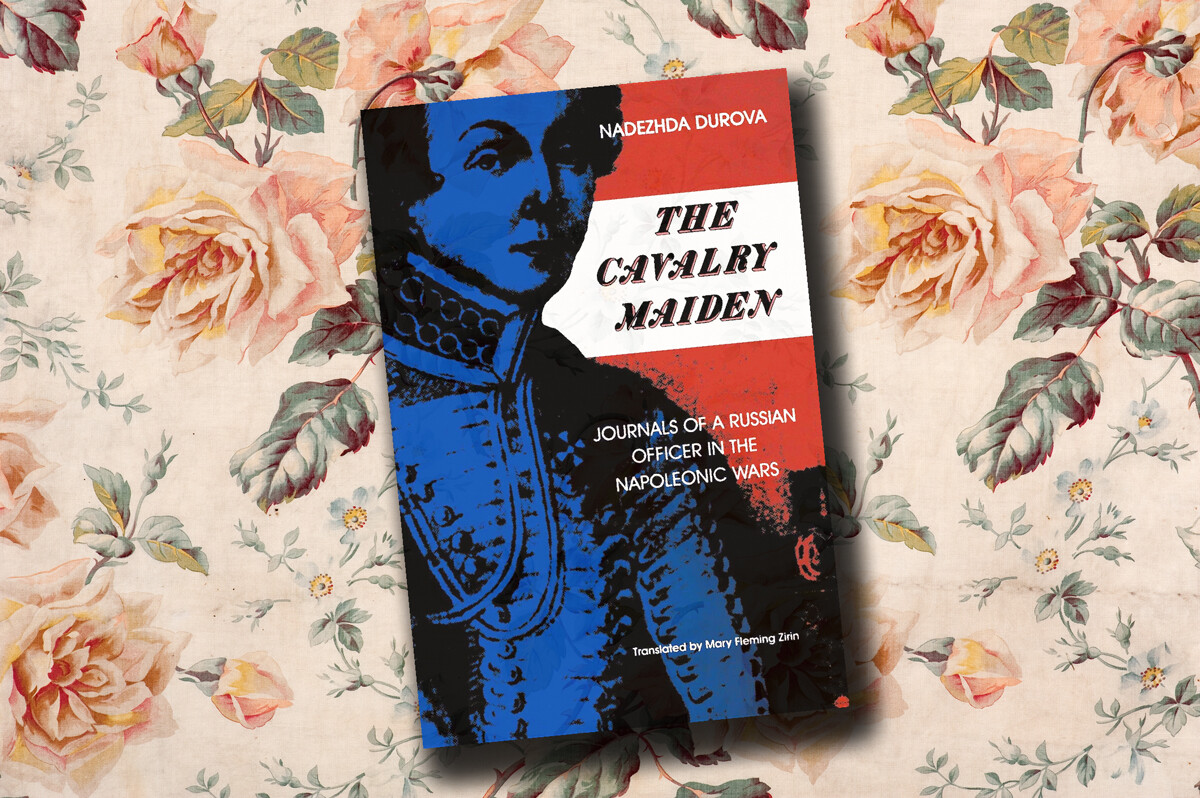
The only one representative of 19th-century Russian literature on our list, but an outstanding one at that. Nadezhda Durova was a brave cavalry woman who served in the army and fought with Napoleonic France, preferring to be called Alexander Alexandrov (And the emperor himself let her dress up like a man and call herself this name).
In her ‘Journals’, Durova wrote about her life and the terrible, hurtful situation in which the women of her time were, born essentially to “live and die in slavery”. She tells of her decision at all costs “to separate from the sex, which I thought was under the curse of God”. She also describes how she was tricked into joining the service and depicts the first battles in which she fought.
‘The Cavalry Maiden’ was first published by Alexander Pushkin, who revealed the personality and gender of Durova that she had kept in secret. This “coming out” without her permission made Durova mad, but Pushkin answered her: “Be brave and enter the field of literature as bravely as the one that made you famous.” [meaning the battlefield - ed.]
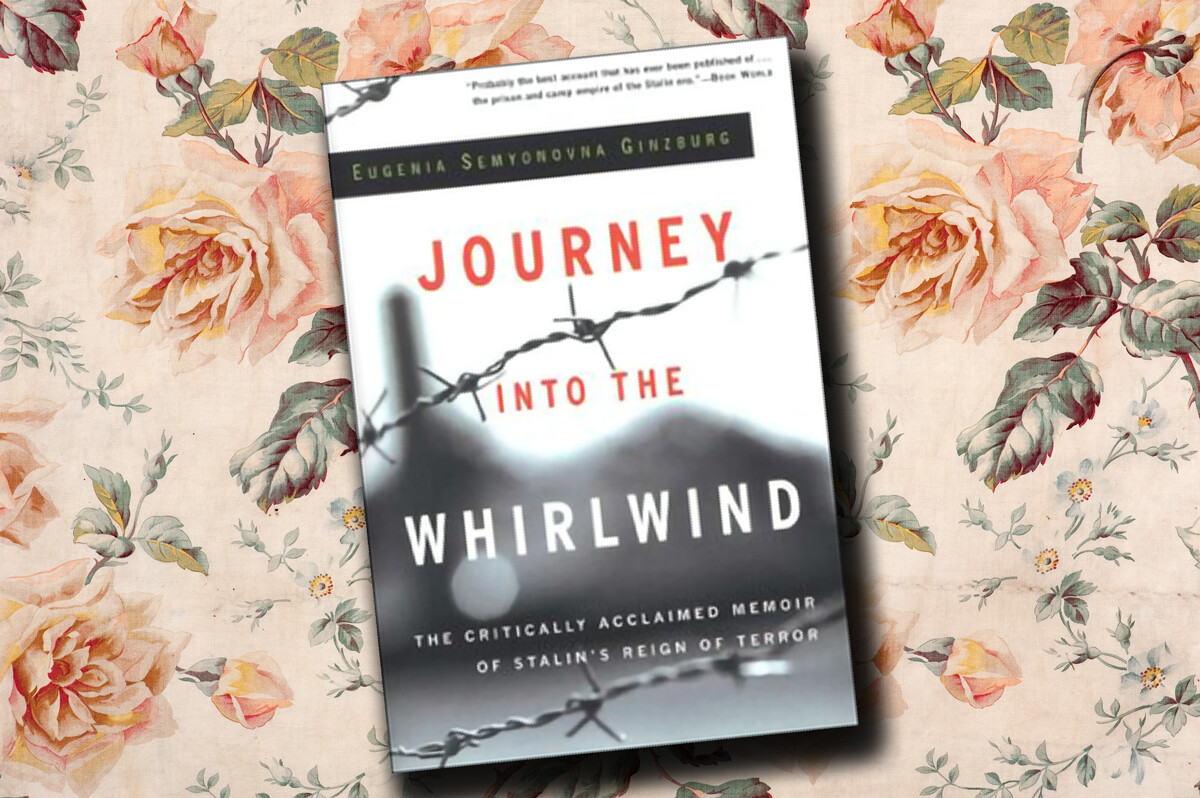
During Stalin’s purge, in 1937, Eugenia Ginzburg was arrested and spent 10 years in prison. In her autobiographical novel, she describes her experience in Soviet prison in a very harsh and shocking manner. She depicts how awfully the system treated an ordinary man. How the charges were fabricated, how people (and even women) were beaten during interrogations and forced to confess to crimes they didn’t commit.
This book, written in 1967, was only published in the USSR in 1988, banned for many years like many other works exposing the horrors of the Stalinist regime. The author describes her book as a “chronicle of the era of the cult of personality”.
A movie based on the book ‘Within the Whirlwind’ and starring Emily Watson as Eugenia Ginzburg, came out in 2009. Since 1989 - and to this day - the play titled ‘Journey into the Whirlwind’ has been running at the Sovremennik Theater in Moscow.
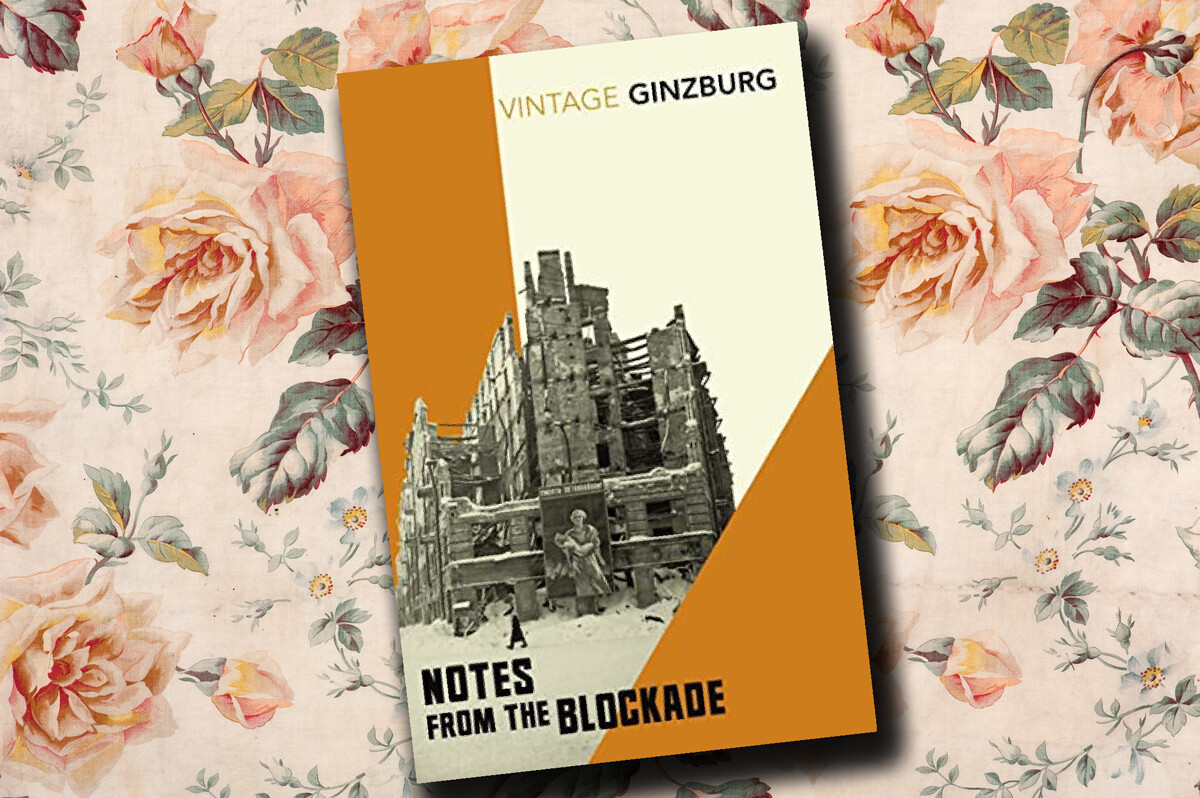
Lidiya Ginzburg is known to the Russian audience as a Soviet literary scholar and memoirist who knew in person great minds of the Russian Avant-Garde of the early 20th century. She saw both the Silver Age of Petersburg poetry… and, at the same time, spent the whole Siege of Leningrad in the city during World War II in 1941-43.
Ginzburg depicts the struggles of people who were deprived of food, central heating and water. They suffered from illnesses and had to deal with their lives on their own, which was especially complicated, because of incredibly harsh winters.
The author pays tribute to the people of besieged Leningrad who kept working as long as they could and tried to save themselves and their family members if they could. Ginzburg herself lost her mother during the siege, who died from starvation. Her ‘Notes From the Blockade’ saw the light only during perestroika in the late 1980s, finally bringing fame for an already 82-year-old author.
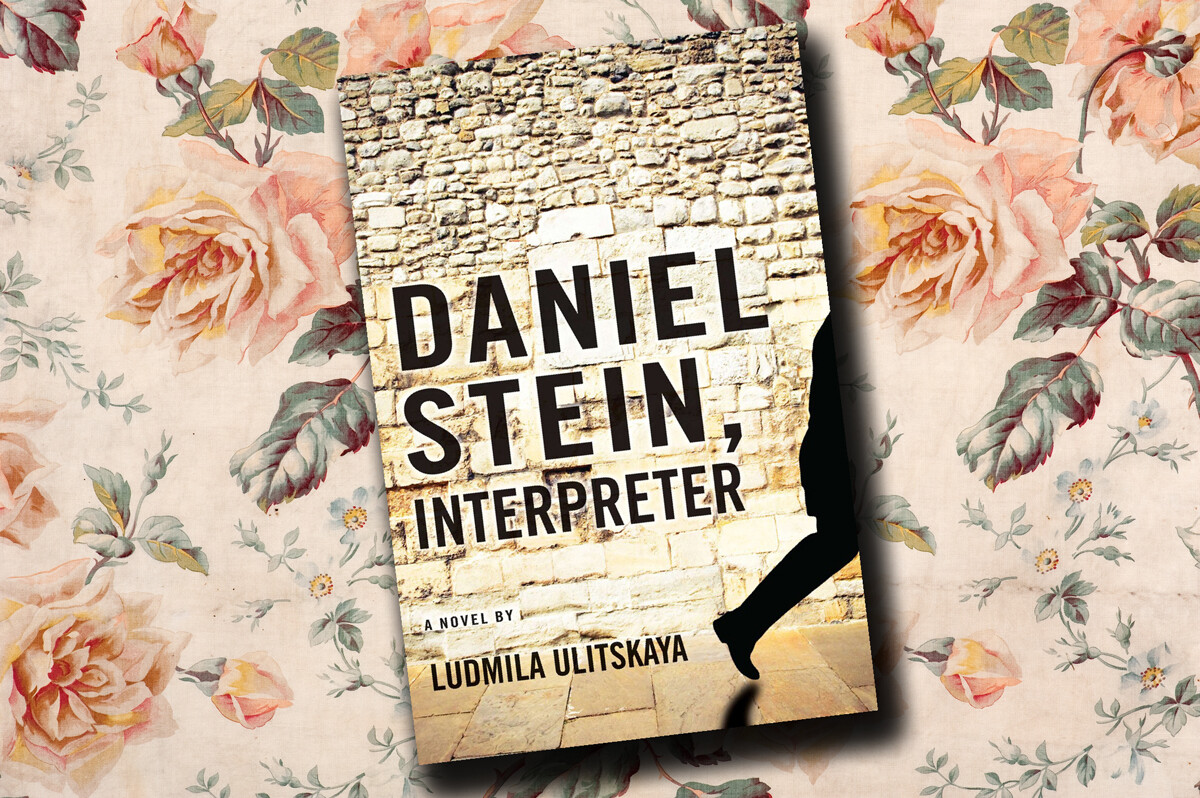
This book stays beyond Russian literature and tells a fantastic story which is more than Russia and fits absolutely every nation and religion.
Considered one of the greatest modern Russian authors, Ulitskaya describes the incredible life of a Polish Jew named Daniel Stein, who helps other Jews escape from the ghetto and then escapes himself.
After the war, Daniel Stein ends up in Israel and, despite being a Jew, serves in a Catholic church and gives asylum and support to other people like him, who are alien in their society. His wisdom and influence is so big that he even exchanges letters with the Pope.
The novel is based on a true story of Shmuel Oswald Rufeisen a.k.a. Father Daniel, whom Ulitskaya interviewed and admired. The novel is a talented compilation of letters, reports and transcripts and diary entries.
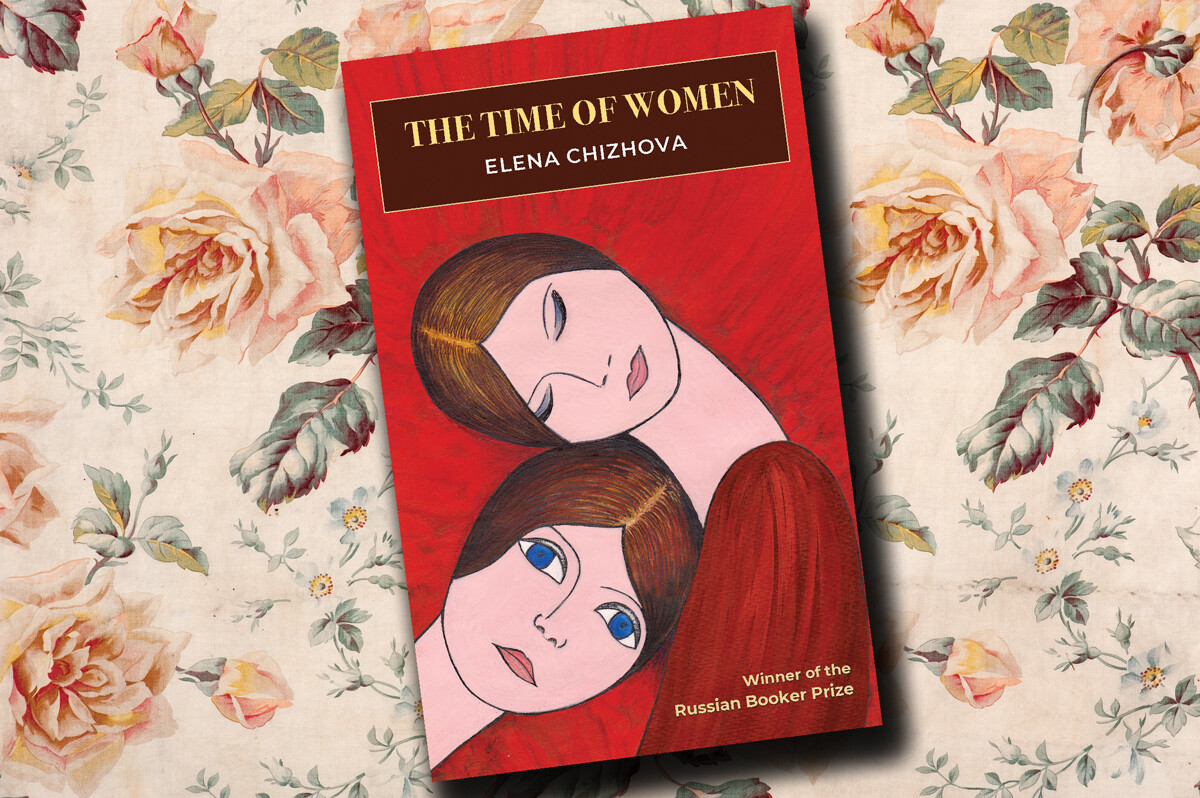
This absolutely stunning book will let you believe that women can do anything and actually can live in this world without men… The plot is entirely focused on women, it shows three generations and five absolutely different fates throughout the turbulent 20th century.
A provincial woman named Antonina moves into a Leningrad communal apartment in the 1960s. Accidentally, she gets pregnant and gives birth, but she has no time to raise her daughter (and is afraid of social сonviction of a single mother who gave birth out of wedlock).
So, her three neighbors, old ladies living in the communal apartment, take care of the girl. Through her, already grown up, we get acquainted with the complicated fates of these old women who survived the Siege of Leningrad.
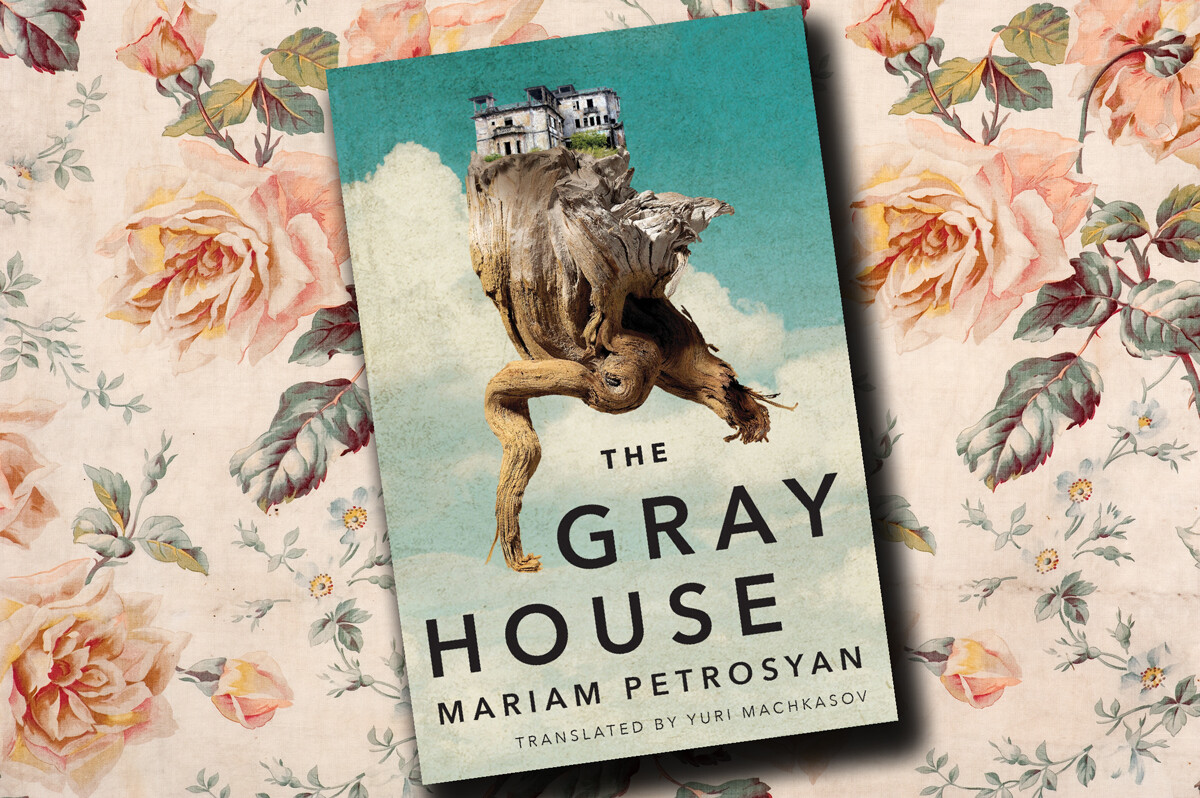
Imagine a kind of “Soviet Hogwarts” for disabled children, a school founded more than 100 years ago and is full of secrets and mystery. The teenagers use wheelchairs or prosthetics and the leader of the house is blind.
We first experience the Gray House through the eyes of Smoker, an outsider, who moves from the conformist ‘Pheasants’ dormitory to the anarchic ‘Fourth’. He investigates the house and discovers dark and even bloody pages of its history. There is even a magical underside to the house, a quasi parallel world.
Despite being 700 pages long, this could be one of the most exciting books you’ll ever read. It was a sensation on the Russian literary scene when it was first published in 2009. And critics around the world admired the book, comparing Petrosyan’s style with both Joanne Rowling and Donna Tartt.
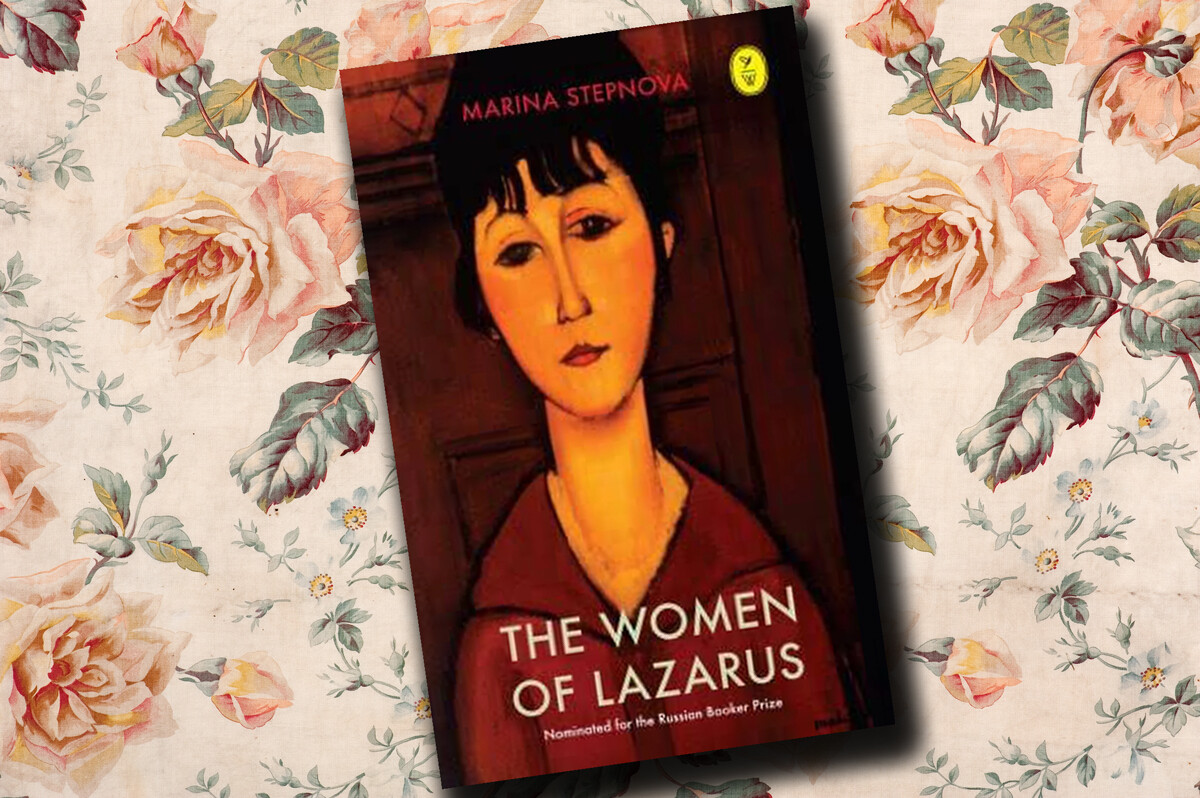
Lazarus Lindt, a Jewish mathematical genius, is strangely undisturbed by the 1917 Revolution, the Civil War, the Stalinist purges or even World War II. The author tells his story through the prism of those he loved - the women. At first, it was his boss’s wife, who treated Lazarus like her own child. Then his own wife Galina and finally, his granddaughter, whom he never got the chance to meet.
This unconventional family saga spans the entire 20th century and masterfully shows how the lives of ordinary people were influenced by the political upheavals in the country, forcing them to adapt to new conditions of life.
Stepnova studied to become a philologist, however, she grew up in a doctor’s family and worked as a cancer nurse when she was 15. So she can dissect the human soul no less surgically than other doctor writers, such as Anton Chekhov and Mikhail Bulgakov.

Do you like post-apocalyptic novels as Russian authors do? Imagine, Moscow is struck by an unknown deadly virus that rapidly infects people. They cough blood, their eyes turn white, they lose their minds and die soon after.
A group of family members and their friends tries to escape the city, which is not an easy task - it’s surrounded by armed forces who won’t let anyone leave. The characters’ aim is to set off to a remote lake in order to hide in an abandoned house and outlive the pandemic.
No surprise that when ‘To The Lake’ series, based on Yana Vagner’s book, premiered on Netflix in 2020 during the Covid-19 outbreak, it stole the show!
This book started as a personal blog on the Internet. Yana had always been keen on post-apocalyptic stories and, in 2008, she started publishing fictional first person accounts of a post-apocalyptic virus outbreak survivor. Her posts went viral gathering hundreds of comments and reactions. So, one day, when she lost her main job, she decided to focus on writing.
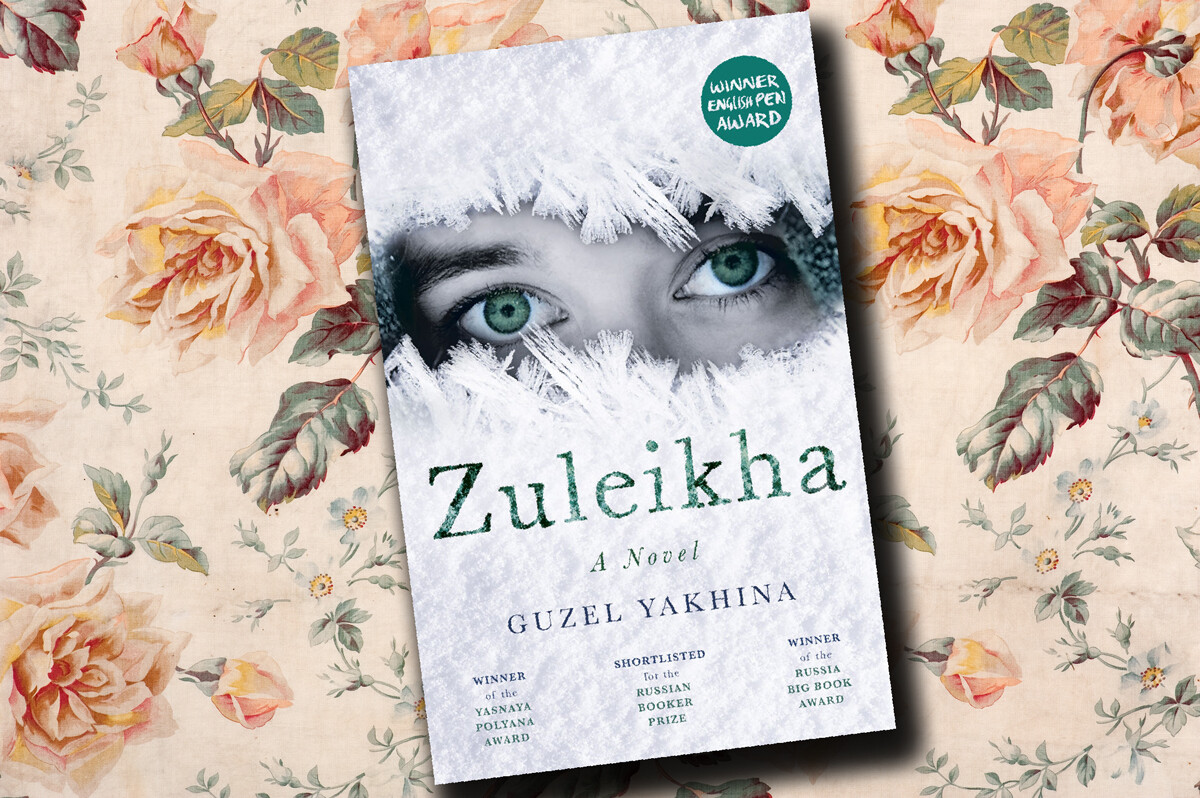
A Muslim woman from a small Tatar village lives in a 1930s nightmare, a victim of pressure from both her husband and mother-in-law. But then, her life changes dramatically, as the Soviet authorities kill her husband and take her to a labor camp. On the way to a campsite, her prison boat sinks in the middle of the Angara River in Siberia and those inmates who survive end up living in a forest.
They manage to build a dugout and get through the harsh conditions of Siberian winter. Zuleikha gives birth to her husband’s son and, in a bizarre way, it is there in exile under guard, she discovers herself as a person, finds new talents and feels more free than when she had been at home.
This debut novel by Guzel Yakhina became a bestseller in Russia and won many literary prizes. The book has been translated into dozens of languages and, in 2020, a series based on the book was aired on Russian TV.
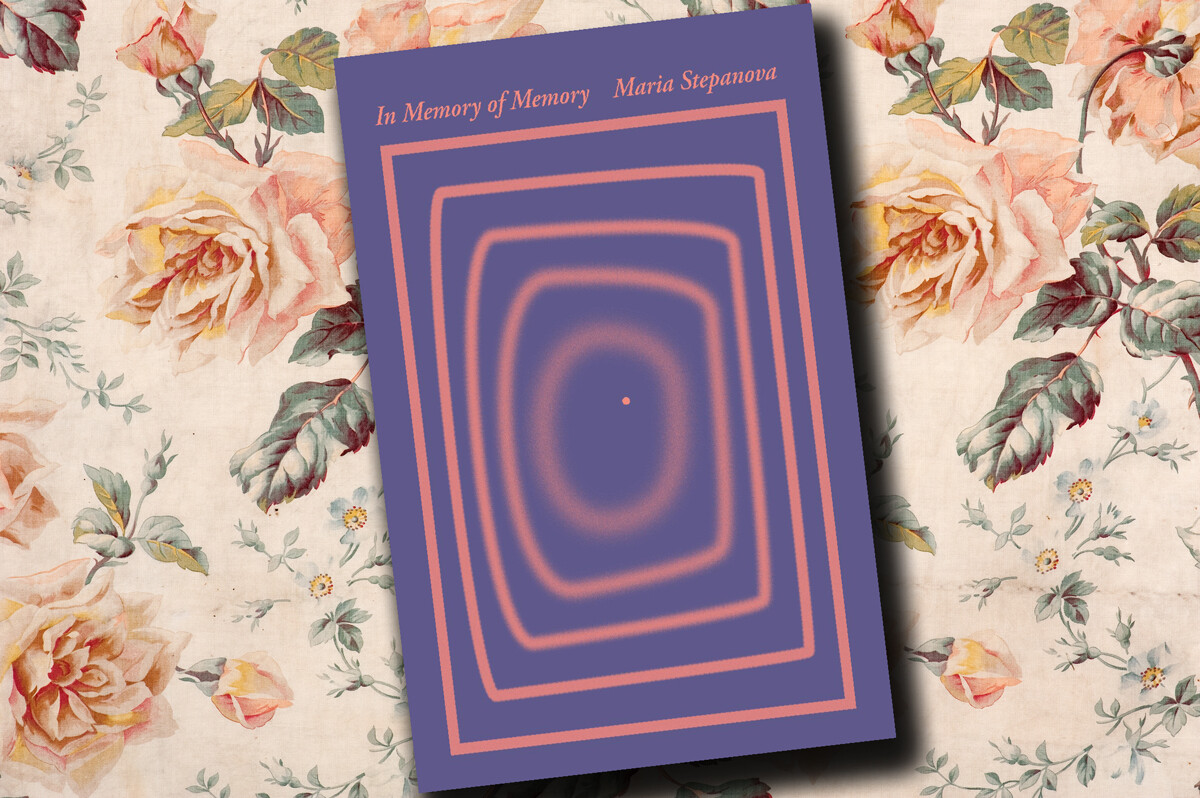
Maria Stepanova’s ‘In Memory of Memory’ is neither a novel nor a diary; it’s a collection of essays, a philosophical non-fiction written as poetry in prose.
Stepanova starts her book with her lonely aunt Galya’s death. The author visits the aunt’s apartment and, with nostalgia, takes a look at her personal belongings. That rock was supposed to be dressed for the family gatherings, while that old brooch belonged to her grandmother and hadn’t been worn for 40 years…
Digging into her aunt’s archive was a catalyst for the author to finally write down the family story. And this book is an overview of the author’s family history, an attempt to take a look into the past, to summarize echoes of the memories from childhood and to find out the nature of the memory.
As a result, it became a brilliant evocation of the last years of the Soviet Union and a bestselling book. ‘In Memory of Memory’ was a rare thing that a Russian book was shortlisted for the International Booker Prize in 2021.
Dear readers,
Our website and social media accounts are under threat of being restricted or banned, due to the current circumstances. So, to keep up with our latest content, simply do the following:
If using any of Russia Beyond's content, partly or in full, always provide an active hyperlink to the original material.
Subscribe
to our newsletter!
Get the week's best stories straight to your inbox